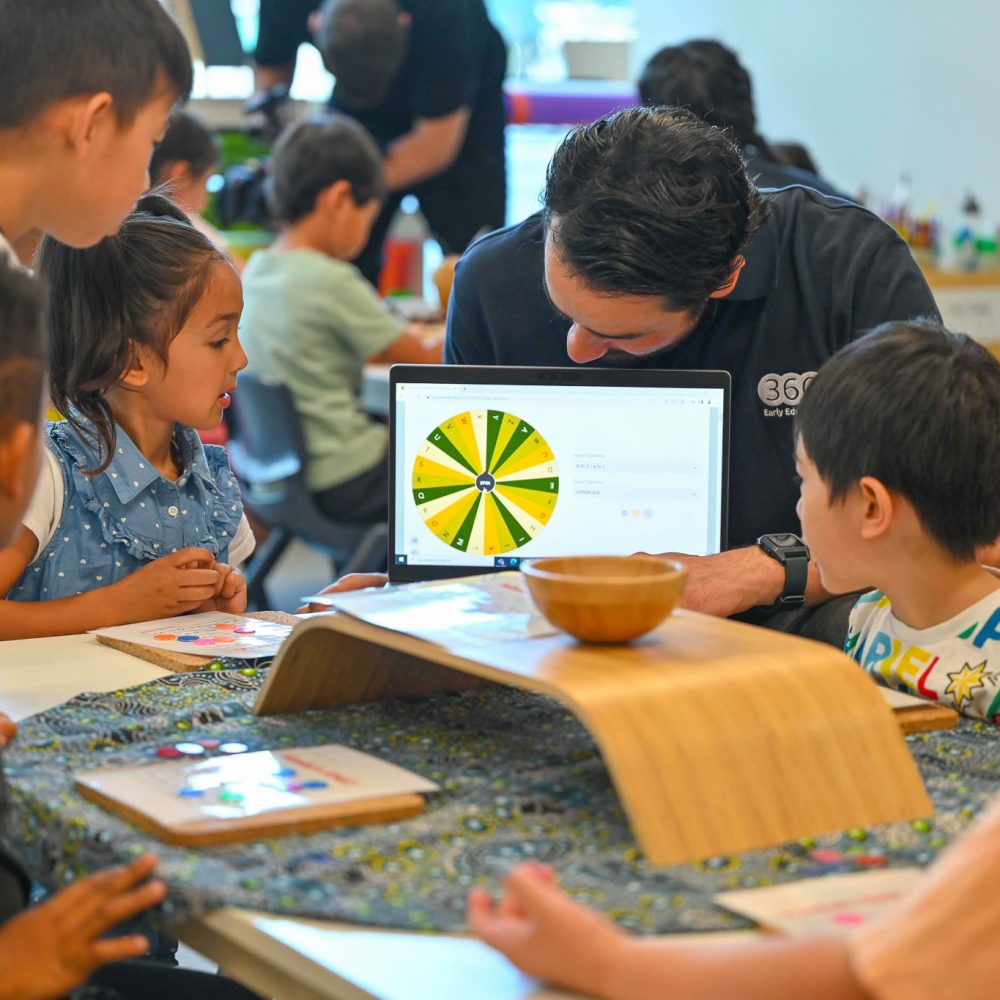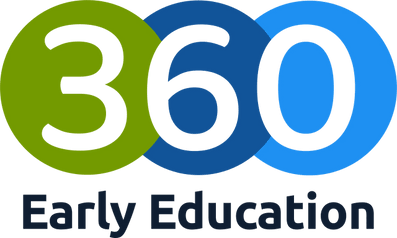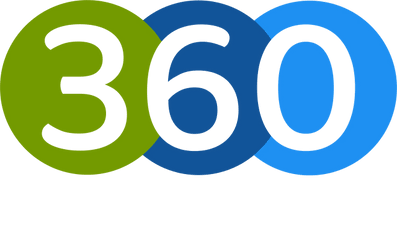Language, Literature and Literacy
Developing literacy is a lifelong process that begins at birth. As our world changes, even adults need the core skills to seek information, to interpret new ideas, and to understand how new understandings can be ‘picked up’ and applied to different contexts.
Language and literacy enable us to communicate, to express and understand feelings and motivations. In our services, language development builds the foundations for reading and writing skills, along with ‘textual interpretation’, or, the ability to understand what things mean.
Through spoken story telling, we play with language. We sing songs, we make up rhymes and role plays. We support dramatic play opportunities and join in when invited to show that the children’s play frames have value.
Written words are one way that children can document their ideas, but this doesn’t even scratch the surface of a child’s modes of expression. When they draw and paint, sculpt dough or clay, invent new rules for games, wonder aloud, take photos, imitate, hypothesise, experiment and share their thinking, language is developing.


Techno literacy is included sparingly in our programs as part of a balanced diet. We use tablets and laptops for research, and in children who show an interest, for word processing.
In a 360 classroom, language is everywhere.
Our educators instil a deep respect for books in every child. Our classrooms are text rich. Some of our books have been in the rooms for over a decade. Through the Imagination Library we increase access to quality literature for children in remote or socially disadvantaged communities and show our children that access to books is something really special.

